Brisbane Olympics infrastructure agency reinstated under new laws
An axed agency to independently manage the multibillion-dollar infrastructure program for the Brisbane Olympics will be reinstated under new laws to be introduced to state parliament on Wednesday.
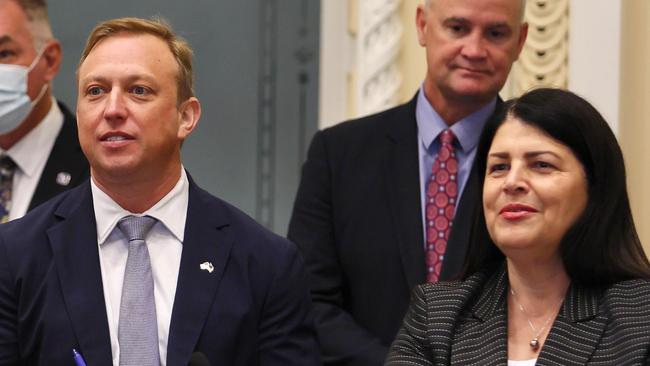
An agency to independently manage the multibillion-dollar infrastructure program for the Brisbane Olympics, which had been axed, will be reinstated under laws to be introduced to state parliament on Wednesday.
After months of shambolic planning, the agency will be charged with delivering key infrastructure for the 2032 Games at “arms-length from government” and have control over its funds.
An oversight committee was a key part of Brisbane’s pitch to the International Olympic Committee for the Games, but was scrapped by Premier Steven Miles last year when he was Olympics infrastructure minister.
When he brought the co-ordination office in-house last March, giving the state government total control over the doomed Gabba rebuild, Mr Miles said an independent agency was “a new bureaucracy that would just soak up resources” and was not useful or necessary.
But in one of his first acts after replacing Annastacia Palaszczuk in December, he vowed to reinstate the stand-alone authority first proposed when Brisbane secured the event in 2021.
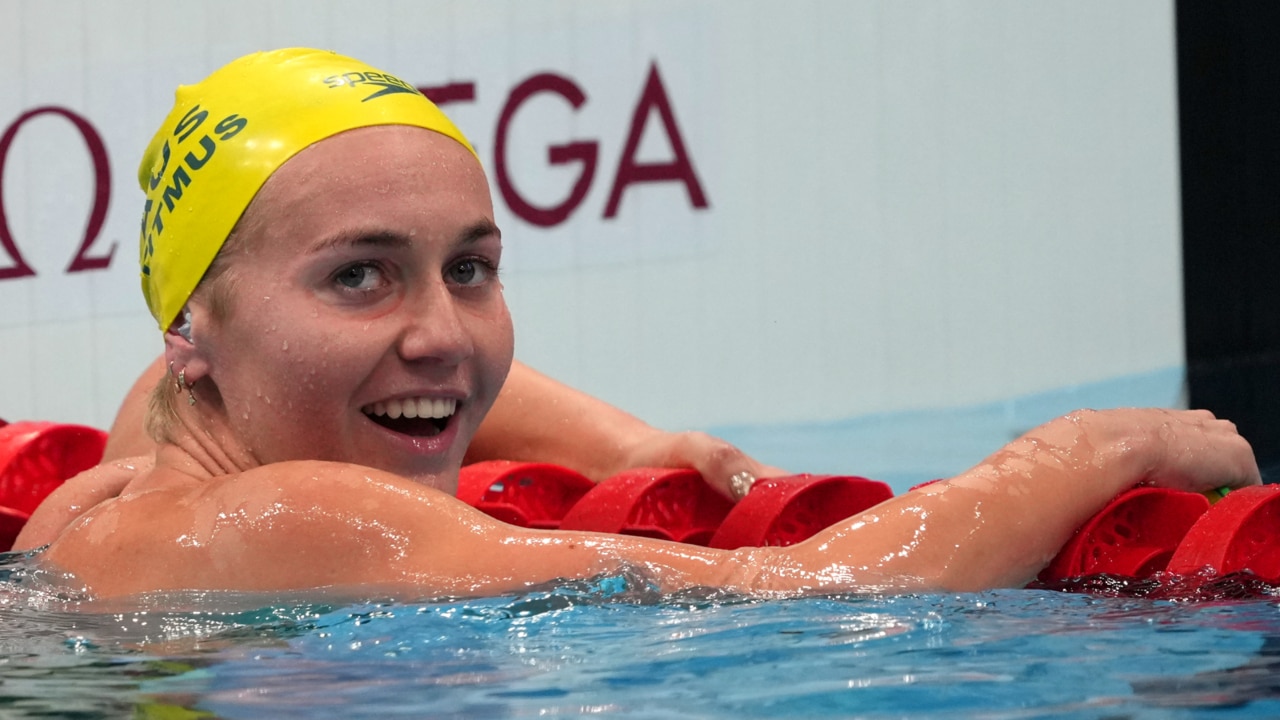
Mr Miles also appointed former Brisbane lord mayor Graham Quirk to conduct a snap venue review earlier this year, but the key finding for a new $3.4bn stadium at Victoria Park was rejected by cabinet the day the report was published.
Instead, up to $1.6bn will be spent upgrading the ageing Queensland Sport and Athletics Centre to host athletics, and another $1bn will be used to spruce up the ageing Gabba and “modernise” Suncorp Stadium to hold opening and closing ceremonies.
Under legislation to be introduced by State Development Minister Grace Grace on Wednesday, the authority will be required to develop a transport and mobility strategy by the end of 2026.
An interim CEO is expected to be appointed once the authority is established by the middle of the year, with a board made up of seven independent directors to be named in September.

Board members will be chosen by a selection panel made up of the chief executives of the “Games delivery partners”, including state and federal governments, relevant local councils, the Australian Olympic Committee and Paralympics Australia.
Ms Grace said the venue and legacy authority would follow a similar model to Sydney 2000 and London 2012 and would ensure taxpayers got the “best value-for-money community sports infrastructure to create lasting benefits at a grassroots level”.
“The Games are not just about four weeks of sport – they’re about creating jobs and new industries, creating healthy lifestyles, and capitalising on the uplift in tourism and trade across the state,” she said.
Brisbane Olympics organising boss Andrew Liveris said he supported a new independent delivery authority.
“Delivering an Olympic and Paralympic Games is complex and requires consistent stakeholder engagement to ensure planning is collaborative and timelines are met,” he said.
“The Games will be the biggest event in Queensland’s history, and I have confidence that a delivery authority focused on both infrastructure and legacy will lead to positive and long-term social and economic benefits across Brisbane, Queensland, and Australia.”


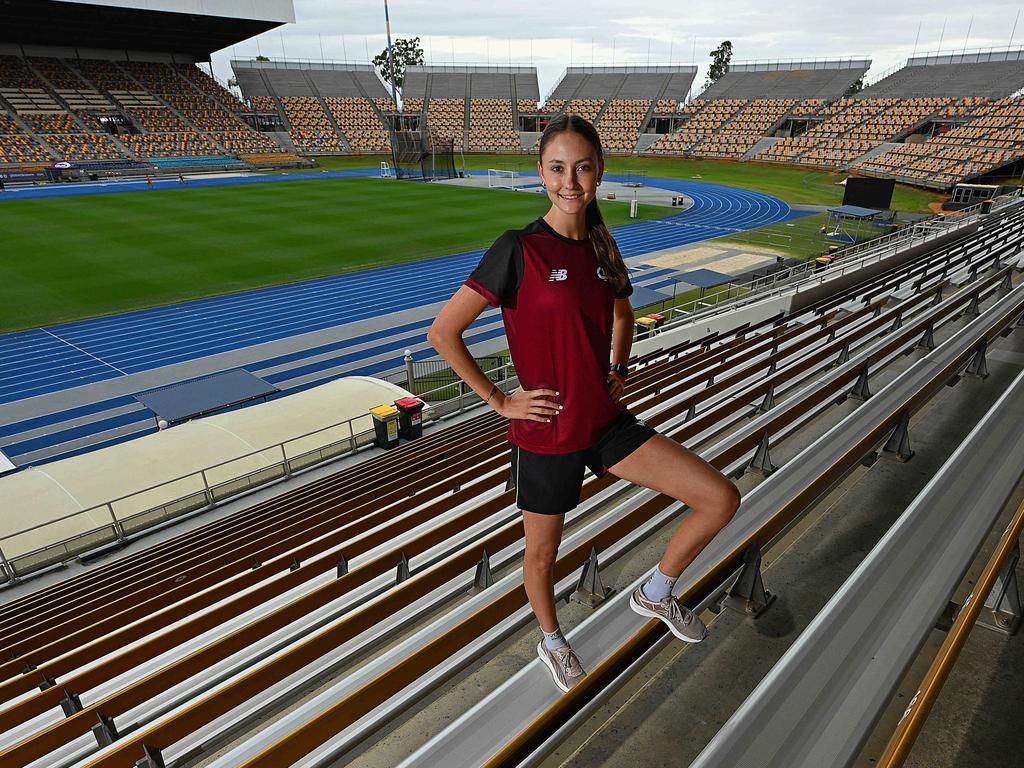


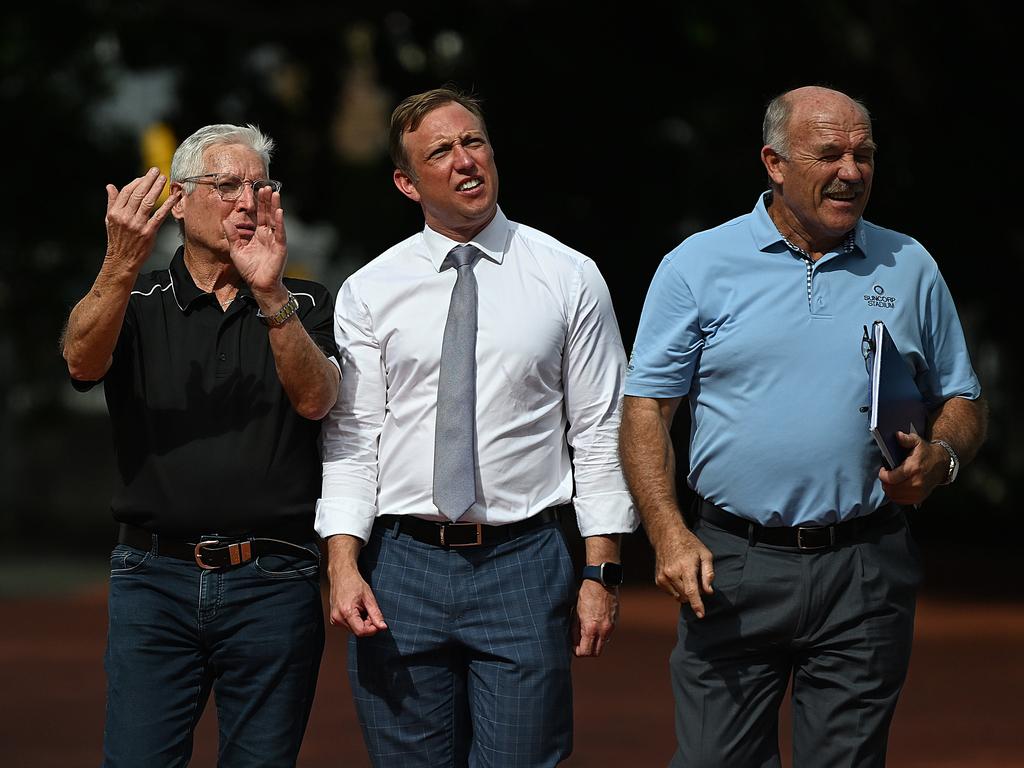
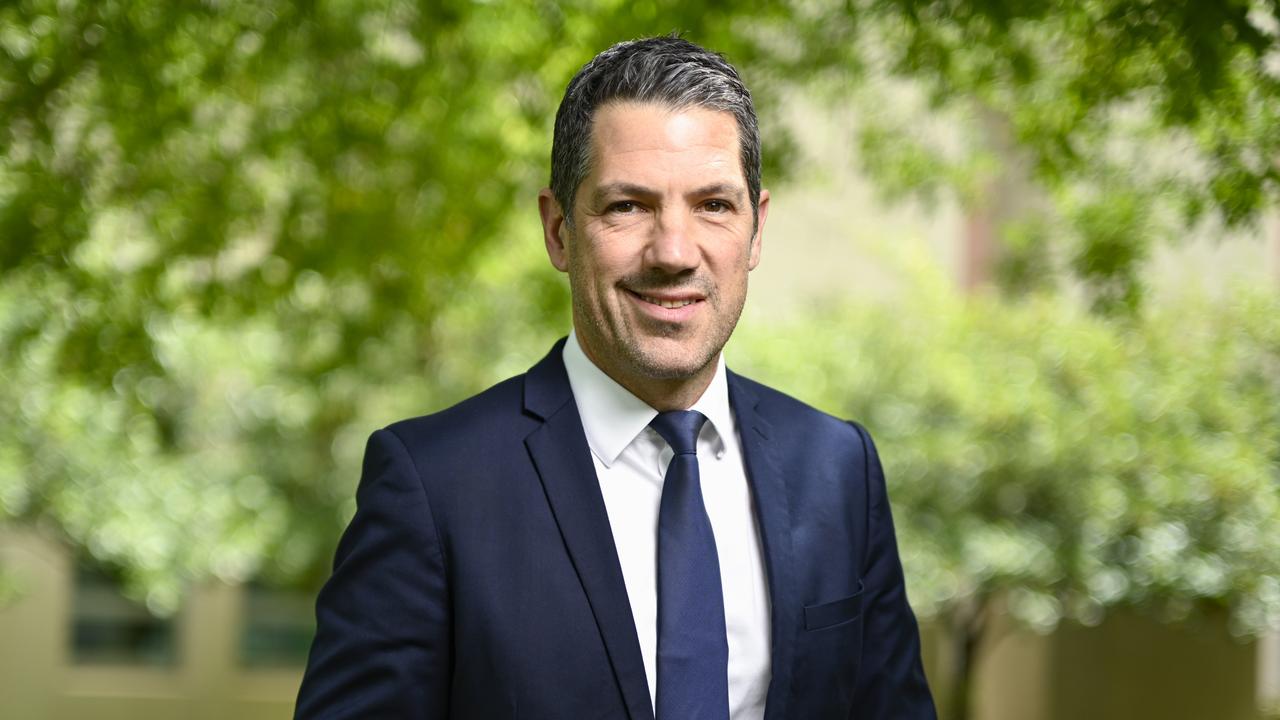

To join the conversation, please log in. Don't have an account? Register
Join the conversation, you are commenting as Logout